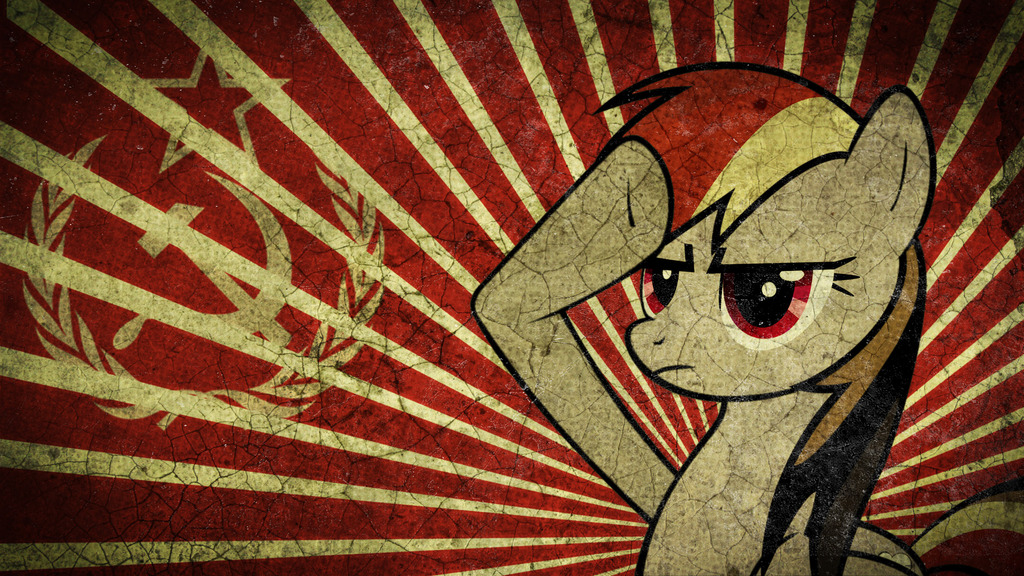Here I am, asking pretty much the same question again, only a year later. I ask again because conditions have changed a lot even in as little as a year. BRICS is becoming more powerful, state enterprises are becoming stronger in Russia, the USSR remains a positive memory to the majority of Russians and Belarusians. What are your thoughts and predictions?
I’ll try not to ask the same question again to prevent from annoying yall.


Belarus is already sort of socialist. I’m pessimistic about Russia.
what do you mean by sort of socialist?
https://www.scienceopen.com/hosted-document?doi=10.13169/worlrevipoliecon.11.4.0428
Read this one for a change
Same, from what I can tell the model in Belarus is very close to what China is doing. Belarus is also increasingly working more closely with China which will only help strengthen the direction of politics and the economy. On the other hand, Russia is very much capitalist, and the conditions in Russia are nowhere close to revolutionary right now. People’s lives are generally decent, so I don’t think there’s going to be any mass interest in rocking the boat. That said, I do think there is long term potential in Russia because people do view socialism positively, and they’re not completely blind to the problems of capitalism.